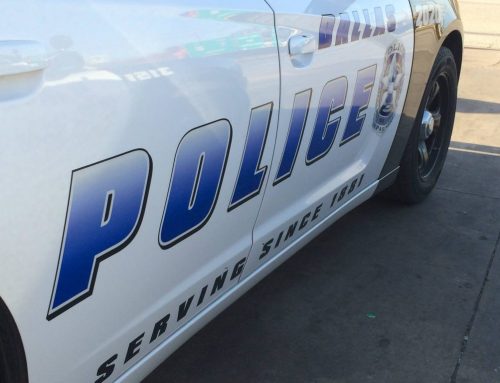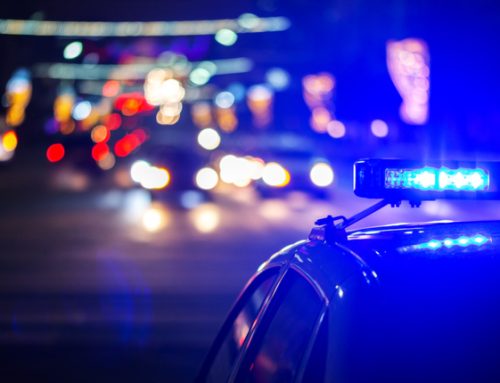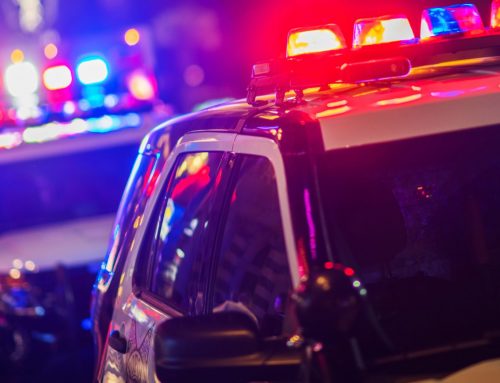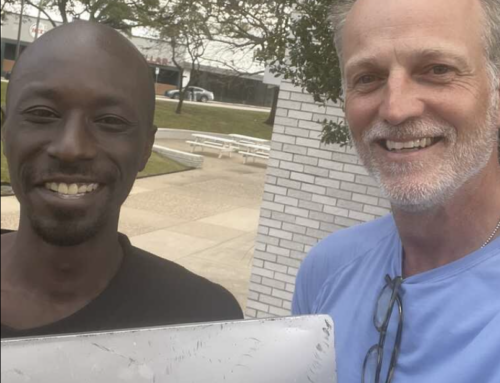I realize the necessity for uniform police at today’s junior and senior high schools but please explain to me and my fellow citizens club the reason for full time patrol cars at these locations. With the need for additional cars to fight crime why do these cars sit there all day long except when the officer goes to lunch?
The Police Department provides Youth Action Center (YAC) officers by contract with 13 DISD and 2 RISD schools. These contactual agreements provide a percentage reimbursement for personnel and equipment, including cars. As you pointed out in your question, the officers perform an important function in these schools.
There are a number of reasons to support these officers with a marked car. Even though YAC officers are assigned to high schools, they must be able to respond to feeder middle schools in the event of an incident. These officers also transport their own prisoners, requiring a police vehicle. This helps my patrol officers stay in the field rather than being tied up on a juvenile prisoner. And finally, the presence of a marked police vehicle is a good deterrent. As a division commander, I think the use of a police vehicle by YAC officers benefits the patrol function.
You indicated that you had some locations that you were questioning. I would encourage you to contact Lieutenant C. Cato, Youth and Family Support Unit at 214-671-4220. He supervises the YAC function and can address specific concerns to our community.
What continues to surprise you in your job?
Well, that is an interesting question. After a few years in this work, we think that nothing surprises us. If it qualifies, one surprise is where we are technologically versus where we were when I was hired in 1979. There is more timely data available to officers and detectives than ever before. We have had in-car computers for sometime, but advances in our data connectivity both internally and with other agencies have increased our capabilities. An ongoing organizational challenge is how to efficiently manage that data to best impact our crime fighting efforts.
Maybe closely related to a surprise are those things that have no answer. For example, the persistence and motivation of the common criminal remains somewhat of a mystery. We currently have a career burglar in jail that has committed burglaries in the same area for years. If he gets out, he will continue to burglarize single-family residences and garages. He knows our undercover officers will be following him. He knows that we will catch him again. He knows he will go back to jail. How can that energy be expended in to something that would benefit the community?
Tragically, the abuses that humans inflict on each other are always evolving and can be astonishing. Police, as well as firefighters or nurses, must develop coping mechanisms to deal with some of the violence that we see as part of our daily routine. Officers must strike a delicate balance between compassion and detachment during some of these incidents. Sometimes officers are mistakenly seen as cold and callous when they are simply dealing with the same emotions anyone else would have in the same situation.
And finally, we talk about declining morals in society, we should be surprised that there are still dedicated men ad women that are willing to devote their lives to law enforcement, but fortunately, I am not surprised.





